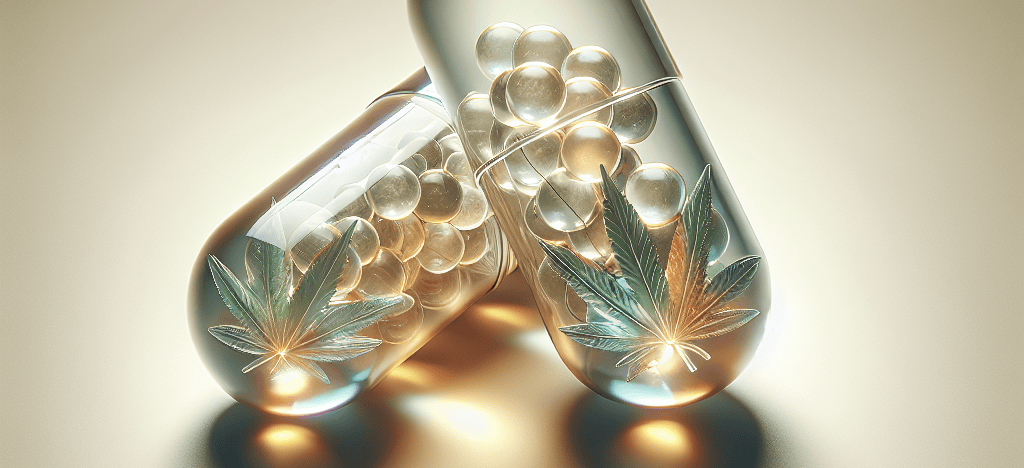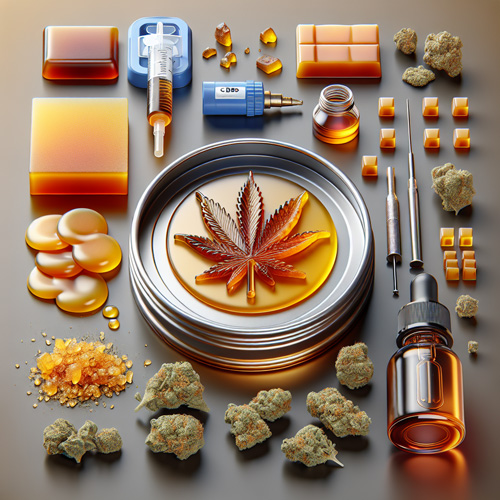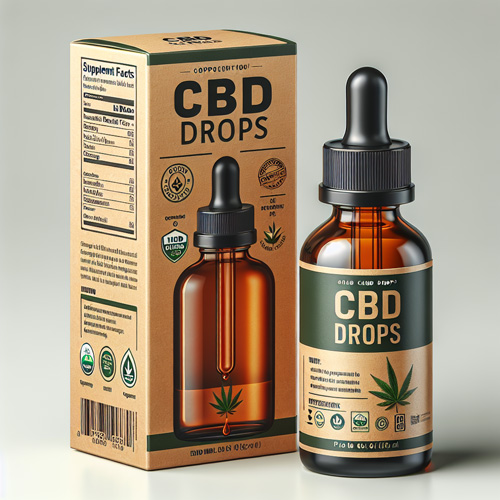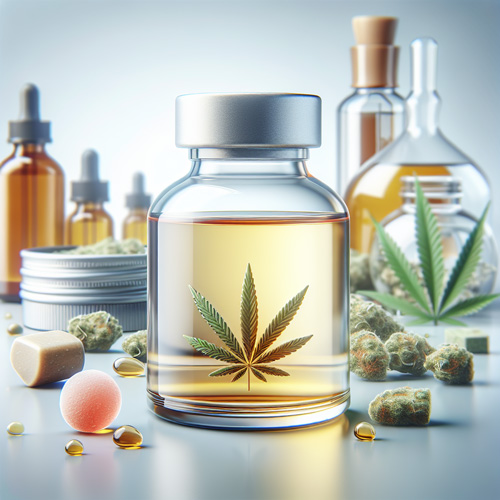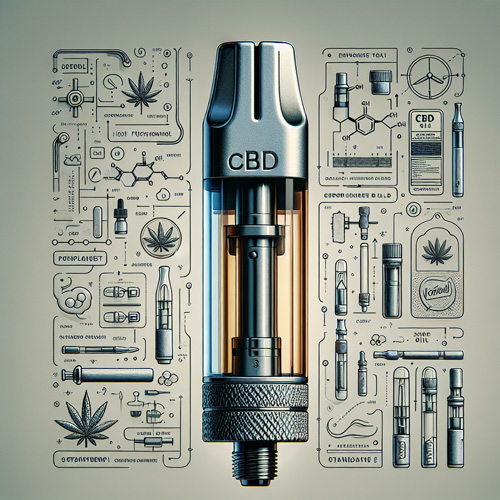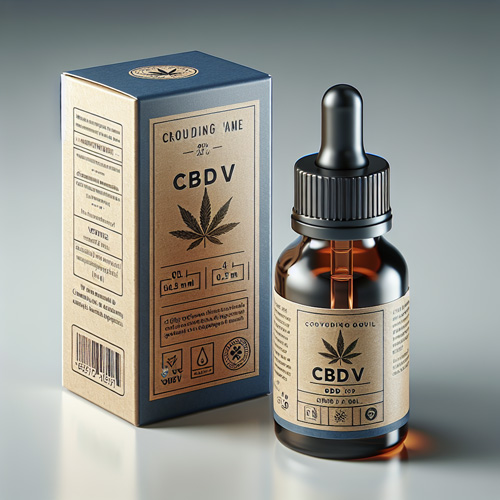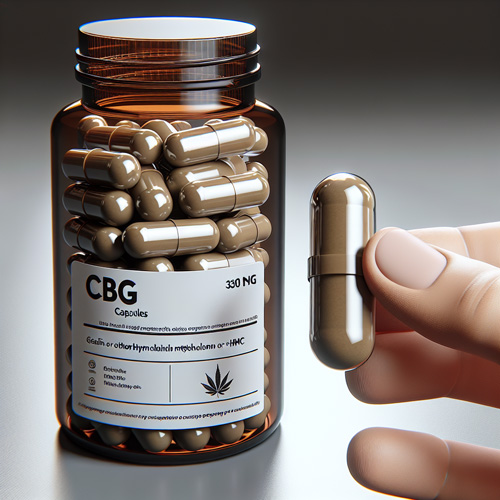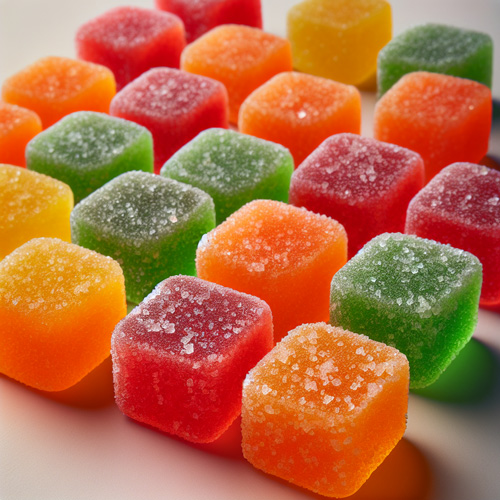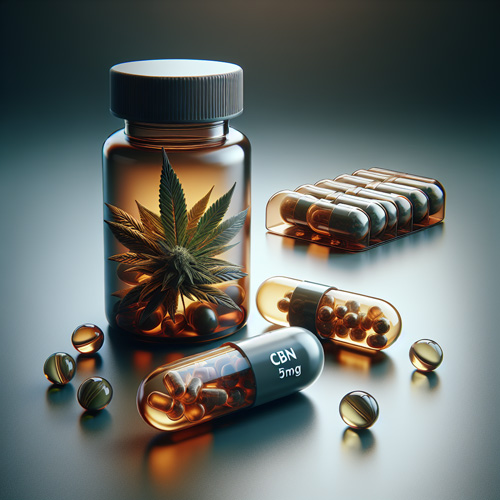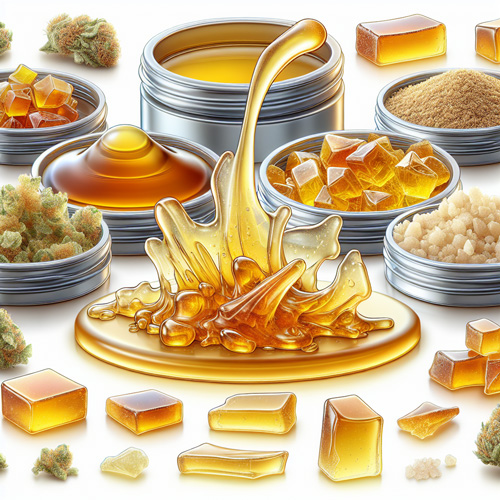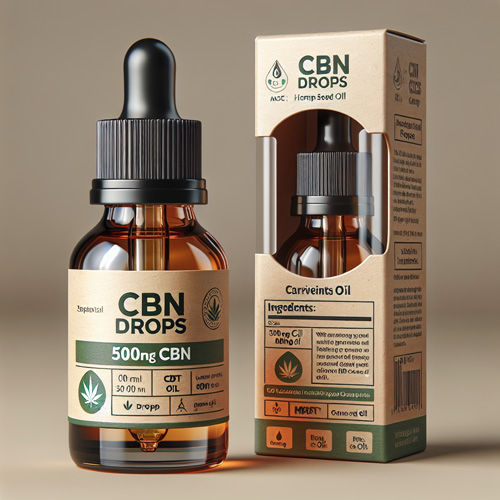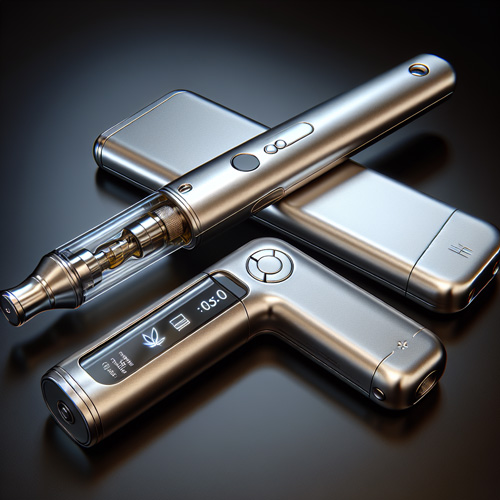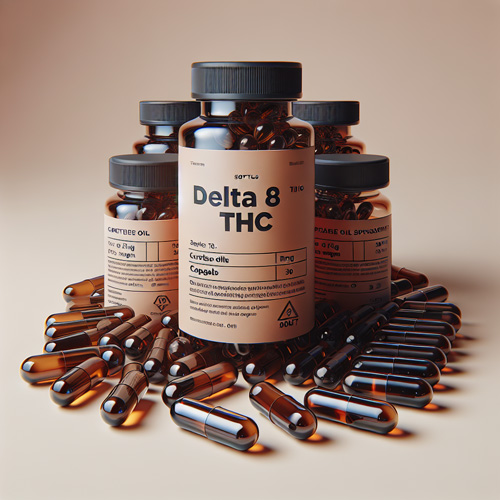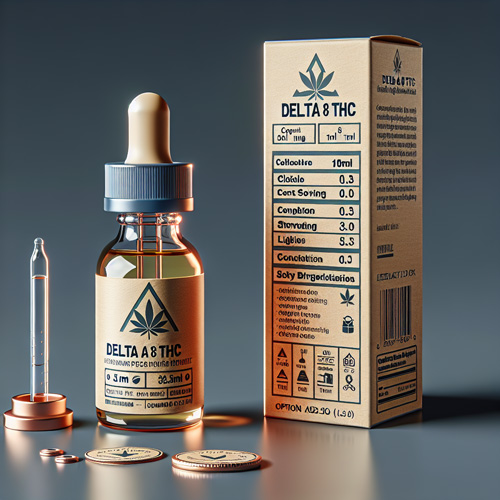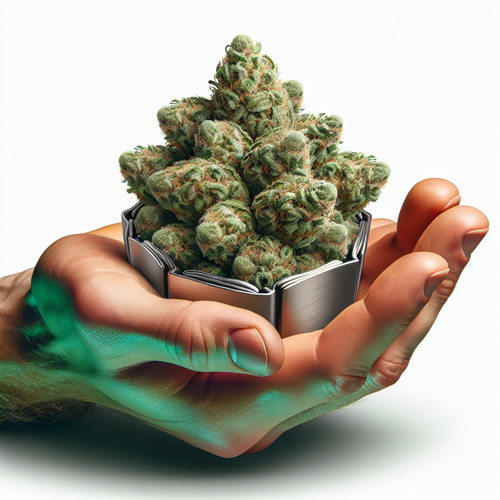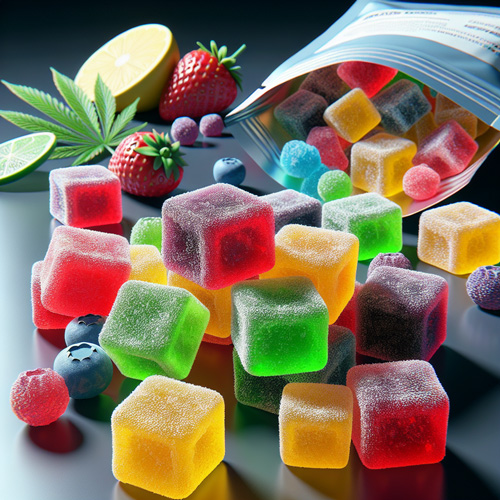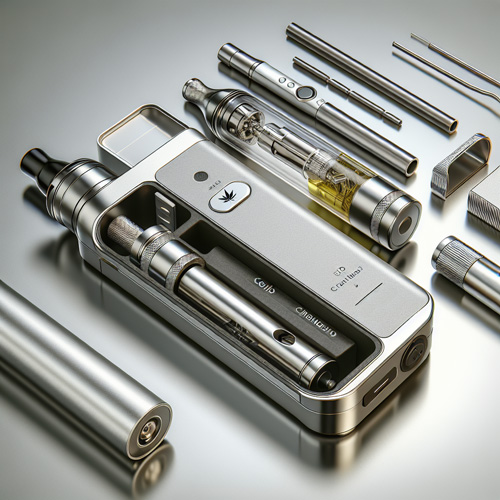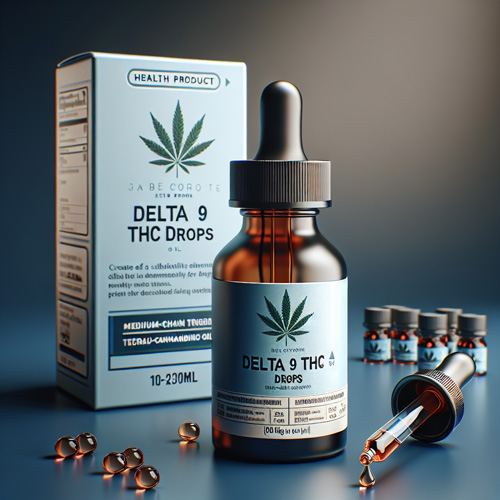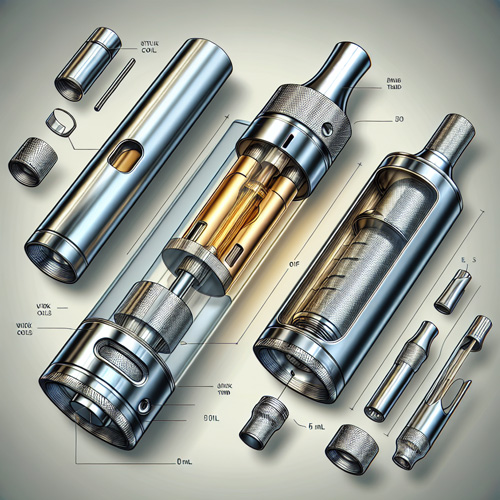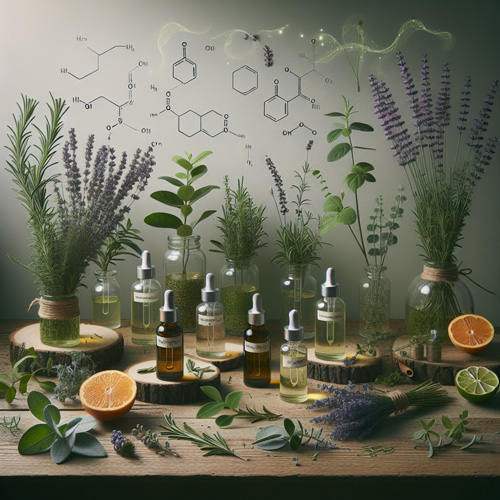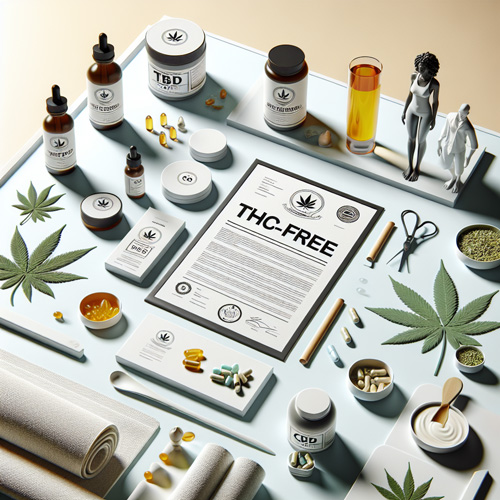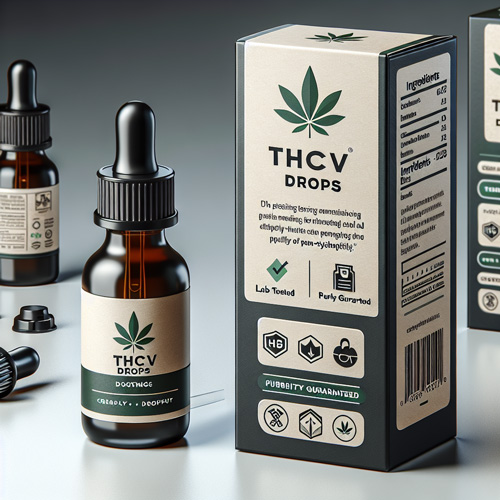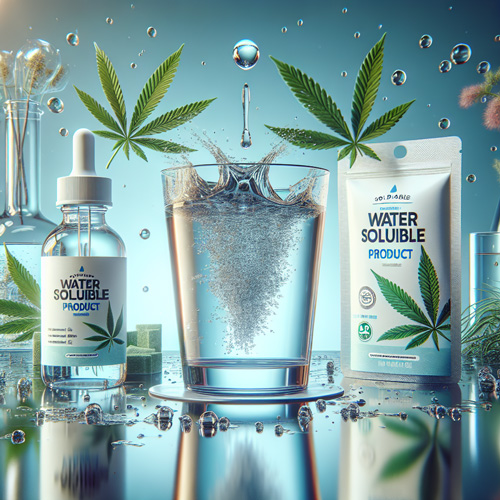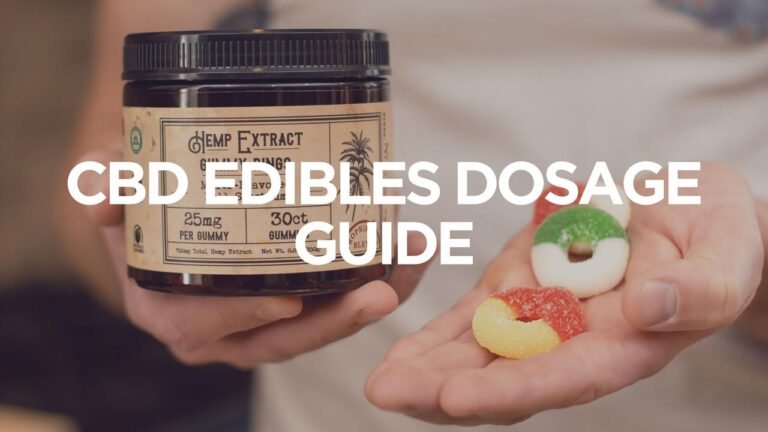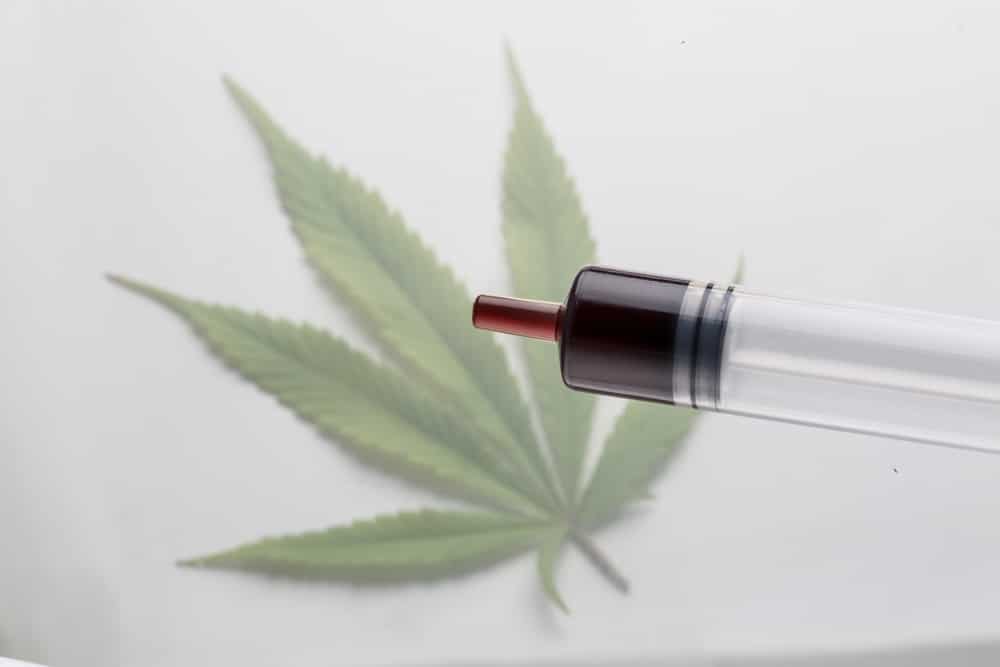
Our Guide To Various Types of CBD Oils Based Upon Color
The color of CBD oil can actually offer clues about how to best use each product. The darker an oil is, the less amount of processing it’s had.
Cannabidiol (CBD) is just one of more than a hundred known cannabinoids popular among cannabis and hemp enthusiasts today. A common misconception about this substance is that all varieties are psychoactive. The truth, however, is that although the most common psychoactive cannabinoid—THC—will get you high, CBD does not have the same effect.
The color of CBD oil can actually offer clues about how to best use each product. The darker an oil is, the less amount of processing it’s had. The highest quality oils are said to be the clear gold ones, but this doesn’t mean that the other forms are unusable. Below are the common types of CBD oils as well as what you can draw from each one based on its color.
CBD Oils, A Color Guide
Green and Viscous – Raw
Once extracted from hemp, raw CBD undergoes no further filtration and retains its color from harvesting. The raw oil has compounds and cannabinoids that work together to magnify their individual effects, a phenomenon that is commonly known as the ‘entourage effect.’
Though there cannot be therapeutic claims made about it, raw CBD is known for its calming properties and may support other stress management practices. Raw oil is usually the product of choice for those looking to benefit from the entire hemp plant, as opposed to just the cannabidiol.
Greenish Brown – Decarboxylated
Decarboxylated CBD is heated, making it easier for the body to process, in some regards. Its composition means that its effects are felt more quickly. It can be found in various products, such as lotions and salves, because decarboxylated oil interacts best with the combination of butter and oils found in most hand and body creams, and tinctures.
Light Gold – Filtered or Distilled
Filtered oils are refined from decarboxylated CBD, leaving a light gold liquid with a high concentration of CBD and little to no terpenes and other cannabinoids. Filtered oils typically are mild-flavored and versatile, often used in food or beverages. Sublingual consumption—putting a product under the tongue for 60-90 seconds—is also a preferred way of taking filtered oils.
Clear, Nearly Transparent – CBD Isolate
When it is highly refined, CBD isolate is the purest form of cannabidiol. It has no fatty acids, other plant compounds, or other cannabinoids, and is combined with a base like a coconut or MCT oil, and is stripped of nearly all its other plant compounds. CBD isolate is extremely potent even if it contains zero THC, which is great for people looking to avoid THC while still reaping the benefits of CBD.
Gold – Full, Complete, or Broad Spectrum
There is a wide variety among products labeled ‘broad-spectrum,’ mainly because the cannabis industry is in its early stages and still establishing a standard. It’s important to note that full-spectrum oils contain a range of compounds that occur naturally in the plant. It can also undergo additional processes that help CBD and other compounds enter the bloodstream more easily. Full and broad-spectrum oils have little-to-no amounts of THC.
While this color guide is here to help you identify the products you are looking at, it is in no way an end-all way to ID the oil you see. Many other variables can add to the different colors. Some of those are additional ingredients like turmeric, extracts that are extraordinarily clear, or added colors whether they are natural or artificial.
Thanks to the surge in popularity of CBD products, consumers have become more interested in cannabidiol. Yet, they need to learn how to shop for it, and how to determine its quality. Color and extraction methods are merely two factors that contribute to the effectiveness of a product. Like in any growing industry, the best way to make informed purchases about CBD oils is to keep reading about them and inquiring about them from known health experts.
